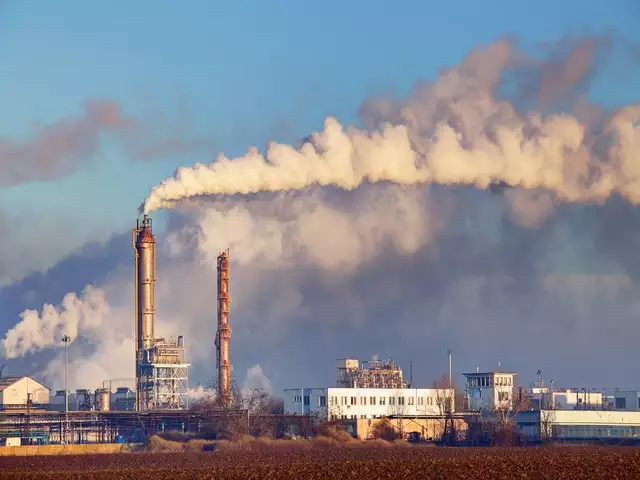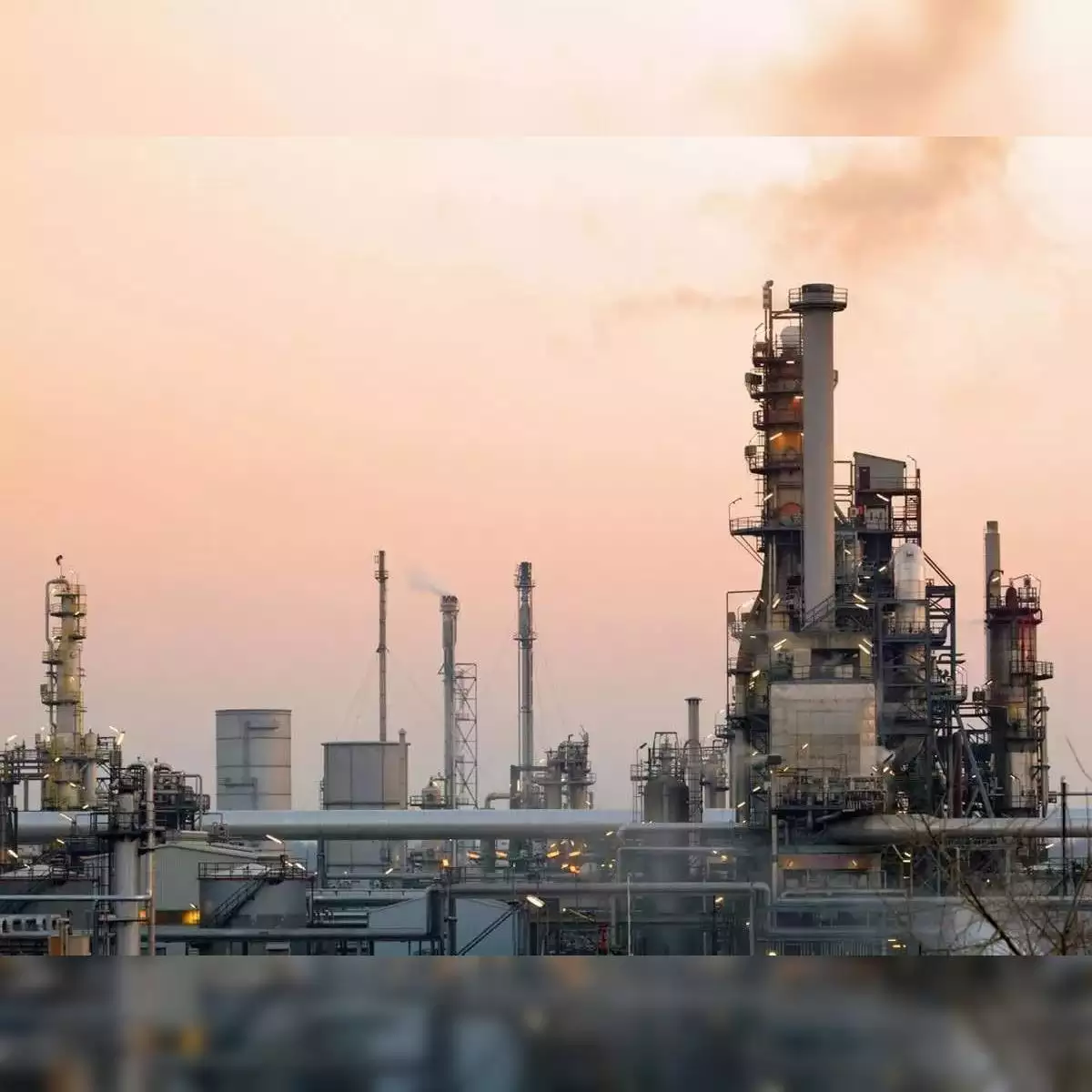In a decisive move to protect domestic industries from the adverse effects of low-quality and unfairly priced imports, the Government of India has tightened enforcement against substandard goods entering Indian markets. This policy shift is expected to provide a significant boost to the Indian chemical industry, which has long battled the inflow of cheaper, non-compliant products that undercut local manufacturers.

The Directorate General of Trade Remedies (DGTR) has intensified its scrutiny of imports, particularly under the Customs Tariff Act, with special emphasis on chemicals and specialty inputs. Among the key victories for the sector is the imposition of anti-dumping duties on Epichlorohydrin, a crucial raw material used in the production of epoxy resins, adhesives, coatings, and plastics. The measure is aimed at shielding Indian producers from the impact of aggressively priced imports from countries like China and Thailand.
Industry insiders note that the availability of such chemicals at below-market rates had created a skewed playing field, eroding margins and disincentivizing domestic R&D and investment. With this new protection, Indian manufacturers are poised to scale up operations, improve product quality, and compete more effectively both at home and abroad.
“Over the last few years, the chemical industry has seen growing pressure from low-cost imports that often don’t meet Indian standards. This step ensures that quality and safety come first,” said a senior executive from a leading Indian chemical firm. “It gives us room to breathe, invest, and grow sustainably.”
In the current financial year up to February 2025, the Directorate of Revenue Intelligence has booked over 200 cases of imports violating Intellectual Property Rights (IPR), BIS standards, and FSSAI norms—many involving chemicals and allied substances. The emphasis on quality control and conformity with Indian standards will likely promote trust and traceability within the supply chain, an essential factor as India aims to become a global manufacturing hub.

Additionally, the government’s broader push for self-reliance in deep-tech and high-value manufacturing complements the gains made by the chemical industry. With the recently announced ₹10,000 crore Fund of Funds for Startups (FFS) focusing partly on biotech and precision manufacturing, chemical startups and MSMEs stand to benefit from better financing, increased demand, and policy-level support.
Analysts suggest that this renewed regulatory oversight could mark a turning point for India’s specialty chemicals and intermediates segment, particularly at a time when global players are looking to diversify their supply chains away from China. India’s well-established base in bulk chemicals, coupled with improved safeguards, could position it as a preferred alternative in global sourcing strategies.
As the country continues its transition from being an importer of industrial chemicals to a competitive exporter, this policy marks a strategic inflection point. By curbing the flow of substandard goods and ensuring a level playing field, the government has sent a strong signal: Indian quality will not be compromised.
